Advertisement
With the introduction of Llama 4, the most powerful open-source massive language model available today, Meta has once again taken center stage in the rapidly developing artificial intelligence sector. Meta's main AI initiative, Large Language Model (LLM), also known as Llama or Meta Artificial Intelligence, is designed to democratize contemporary language processing technology. In the ongoing struggle for supremacy in the open AI sector, Llama 4, the latest version, offers notable speed, scalability, and usability; consequently, it strengthens Meta.

Building on the achievements and experience of its predecessors, Meta's Llama 4 offers a range of enhancements in model design and training approaches. Its larger training dataset, which comprises a more diverse and comprehensive collection of multilingual and multi-domain information, is among its best aspects. This helps Llama 4 react with sensitivity to culture, with an understanding of context, and more precisely. Moreover, the model has improved instruction-following skills, which more closely meet use situations in businesses and developers.
The efficiency of Llama 4 marks yet another significant advancement. Meta has optimized the model to operate more efficiently with fewer resources, a vital step towards providing artificial intelligence to a broader audience, particularly those without access to advanced computer capabilities. Llama 4 offers enhanced support for low-rank adaptation (LoRA) and additional fine-tuning capabilities, enabling developers to tailor the model for niche events with fewer data points and less infrastructure. These technical advancements enable Llama 4 to be a viable and adaptable option for more closed, resource-intensive models.
The release of Llama 4 under an open license by Meta aligns with their broader strategy of encouraging openness and community-driven creativity. Meta is differentiating itself in the long term by emphasizing openness, while other digital behemoths hide their most sophisticated strategies behind APIs and paywalls. By providing academics, developers, and businesses with unfettered access to the weights and architecture of Llama 4, Meta can launch a new wave of innovation that may challenge and possibly surpass private initiatives.
This open-source approach also generates a powerful feedback loop. Meta learns so much about performance, edge situations, and new applications as hundreds of users investigate, run, and improve Llama 4 in real-world environments. This crowdsourcing approach to research ensures that the generated model is precisely matched to community demands and accelerates progress. Using collective intelligence, Meta's approach essentially stays ahead and transforms the planet into a significant test ground.
By forcing rivals to reconsider their approach, the publication of Llama 4 has generated waves in the artificial intelligence sector. For instance, the GPT-4 OpenAI tool remains closed-source and is primarily accessible through ChatGPT Plus and API tools. This reduces the approach's agility and openness even as OpenAI efficiently regulates profitability and quality. Compared to Meta's open approach with Llama 4, it enables more general testing and rapid adoption, which may result in more diverse and innovative AI applications.
Llama 4 also challenges the status quo by demonstrating that high-performance artificial intelligence is not confined to corporate walls. This is significant for academic institutions, nonprofits, and small firms that are excluded from the AI race due to financial or technological restrictions; this breakthrough should be substantial. With Llama 4, the entrance hurdle is significantly reduced, thereby democratizing access to one of the most powerful language models currently in use.
Already showing great potential in many different fields, Llama 4 is, for instance, being honed in healthcare to support research synthesis, medical documentation, and even patient communication: the enhanced accuracy and contextual awareness of the model facilitate activities that require high degrees of sensitivity and precision.
The legal area modification of Llama 4 aims to provide contract analysis, legal research, and document generation. Its capacity to identify challenging vocabulary and follow complex directions helps law firms and legal tech companies save expenses and simplify procedures. From banking to education, Llama 4's adaptability and strength are enabling a new generation of AI-driven solutions tailored to each business requirement.
Empowerment of developers is the most worthwhile thing Llama 4 does. With detailed documentation, active forums, and a constantly expanding collection of outside tools and resources, the open-source artificial intelligence community is fast taking the stage. These days, developers have the means to create and distribute finished versions of Llama 4 tailored for specific uses, therefore promoting creativity and teamwork.
Moreover, this dynamic environment drives the growth of artificial intelligence education and talent. Once excluded, students, enthusiasts, and independent researchers, driven by limited resources, now learn, experiment, and make significant contributions. Meta is generating more talent by supporting grassroots innovation, which ensures the advantages of artificial intelligence extend beyond big corporations and prestigious universities.
Great power carries great responsibility, and Meta is well aware of the moral conundrums that follow from releasing strong artificial intelligence models. Combining multiple protections—filtered training data, built-in bias detection techniques, and moderation controls—helps Llama 4 mitigate undesired effects. Although no model is perfect for exploitation, Meta's proactive stance toward the development of ethical artificial intelligence shows the correct direction.
Meta also provides tools and ideas for assessing social impact, openness, and fairness, thereby motivating users of Llama 4 towards moral behavior. These projects represent a developing industry trend in which the emphasis is shifting from merely generating strong artificial intelligence to generating trustworthy AI. Over time, Meta's leadership in ethical artificial intelligence methods may become as robust as its technical inventions.
Red redefining performance, accessibility, and community involvement goals, Llama 4 marks a turning point in the development of open artificial intelligence. Meta's audacious actions not only raise expectations but also widen the debate on the goals and powers of artificial intelligence. As acceptance grows and society builds on this basis, we can anticipate a creative explosion in all spheres of life.
Meta intends to continue extending the Llama series with increasingly sophisticated components, including multimodal inputs, real-time reasoning, and more contextual memory. Based on prior performance, Llama 5 and above will undoubtedly challenge the limits of open-source artificial intelligence, thereby boosting Meta's leadership at the forefront of the AI revolution. For developers, companies, and society at large—a launching pad for the next phase of artificial intelligence evolution—the publishing of Llama 4 marks both a turning point and a beginning.

By releasing Llama 4, Meta expresses a philosophical perspective on the evolution of artificial intelligence rather than just technical progress. Meta is redefining the rules of the game and pushing the AI community to think more broadly and inclusively by offering openness, cooperation, and accessibility high value. Already revolutionizing sectors, supporting developers, and inspiring creativity in formerly underdeveloped areas with improved artificial intelligence, Llama 4 is
Meta's contributions will likely become fundamental to the success of the open artificial intelligence movement as it gains momentum. With Llama 4, Meta not only improved the caliber but also fundamentally altered the course of the race. Doing this has allowed everyone to envision an ethical, open, and strong artificial intelligence future.
Advertisement
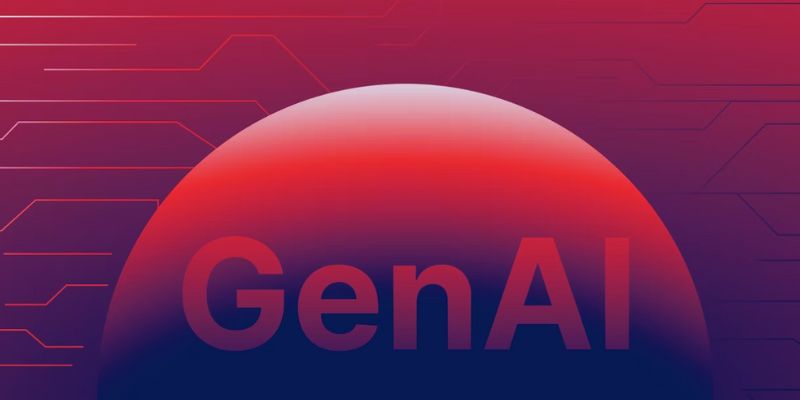
GenAI helps Telco B2B sales teams cut admin work, boost productivity, personalize outreach, and close more deals with automation
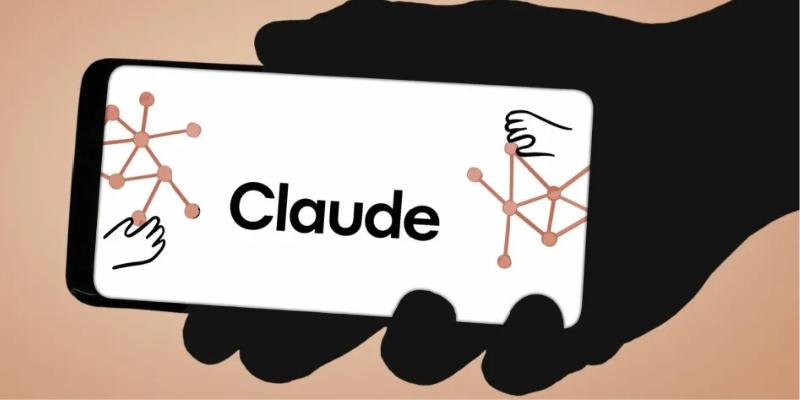
Explore seven advanced Claude Sonnet strategies to simplify operations, boost efficiency, and scale your business in 2025.
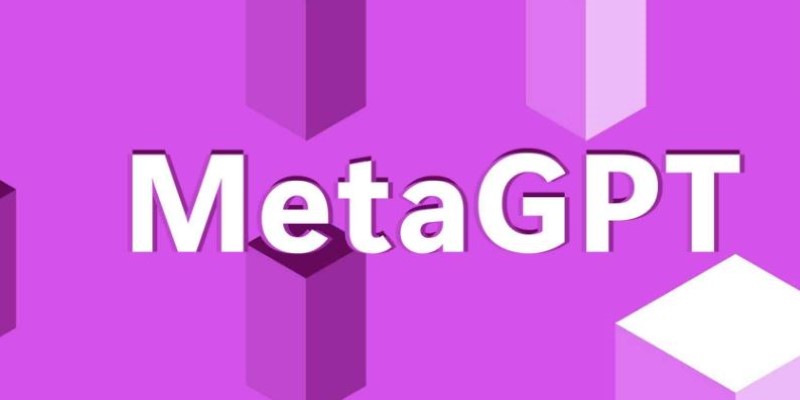
How MetaGPT is reshaping AI-powered web development by simulating a full virtual software team, cutting time and effort while improving output quality

Explore the real-world differences between Claude AI and ChatGPT. This comparison breaks down how these tools work, what sets them apart, and which one is right for your tasks
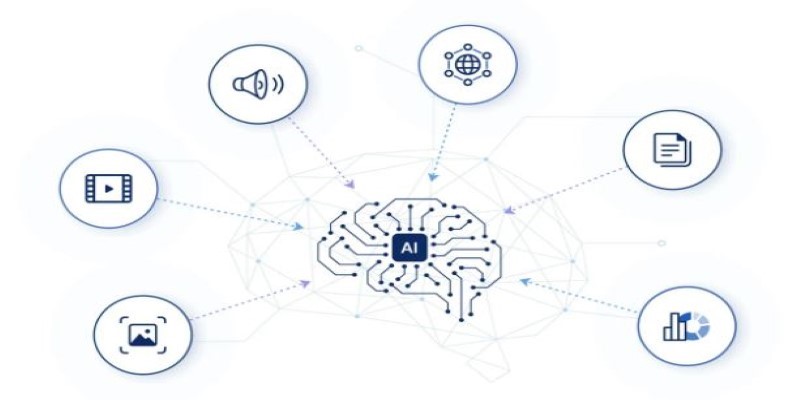
How far can AI go when it comes to problem-solving? Google's new Gemini model steps into the spotlight to handle complex tasks with surprising nuance and range

Discover powerful yet lesser-known ChatGPT prompts and commands that top professionals use to save time, boost productivity, and deliver expert results

Discover how ByteDance’s new AI video generator is making content creation faster and simpler for creators, marketers, and educators worldwide

How AI in software development is transforming how developers write, test, and maintain code. Learn how artificial intelligence improves efficiency, automates repetitive tasks, and enhances software quality across every stage of the development process

Understand what machine learning (ML) is, its major types, why it is so important, how it works, and more in detail here
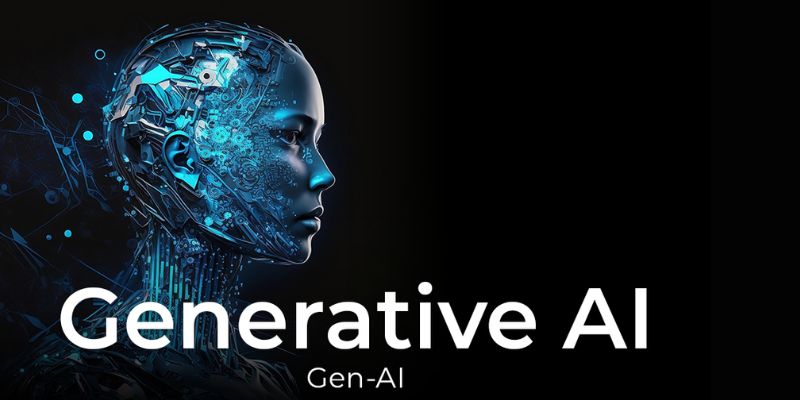
Explore how generative AI in financial services and other sectors drives growth, efficiency, and smarter decisions worldwide

Tech giants respond to state-level AI policies, advocating for unified federal rules to guide responsible AI use.

Want OpenAI-style chat APIs without the lock-in? Hugging Face’s new Messages API lets you work with open LLMs using familiar role-based message formats—no hacks required